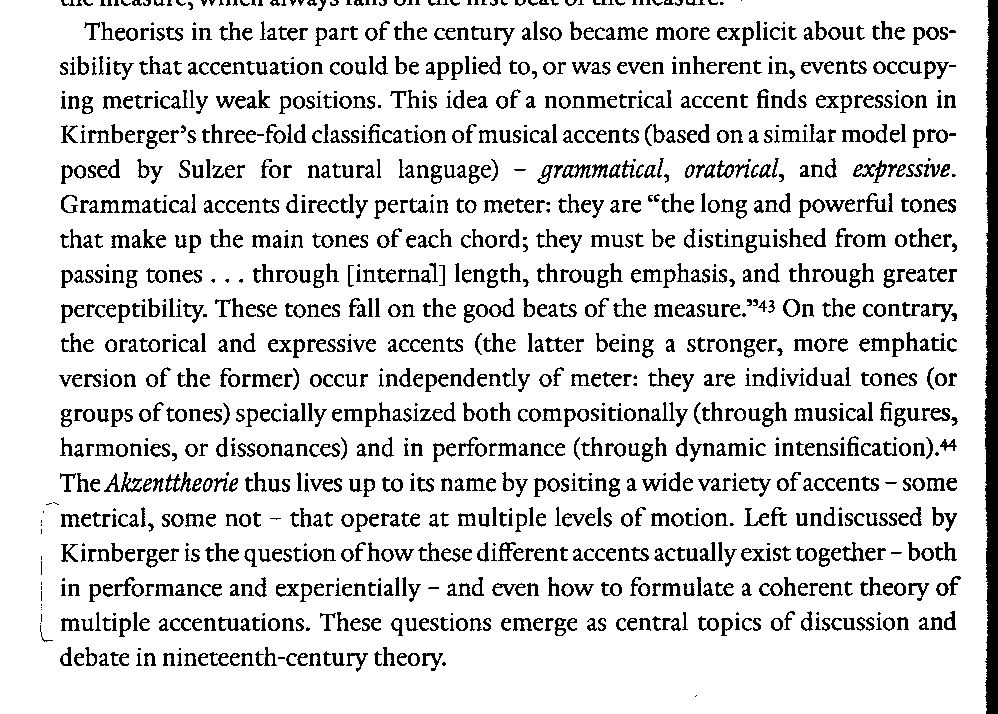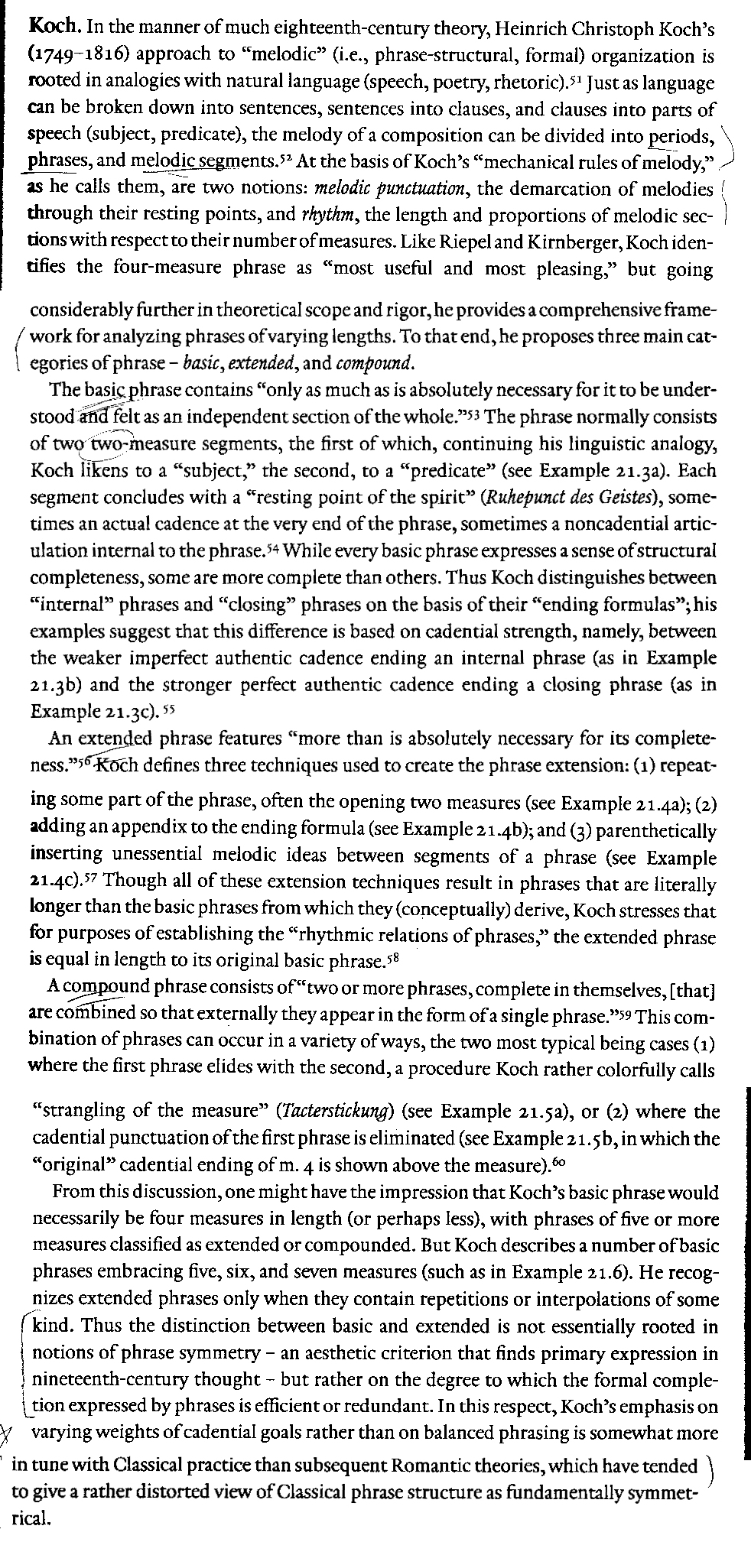There were a lot of inchoate notions of what it was. It is frequently said that the form of the broader period we'll use the imprecise term 'classical' is rhetorical in nature (as opposed by 20th century musicians, flagrantly by say Varèse); and eg., sonata form is likened to architecture.
To me that's not terrifically useful talk. I'm no musicologist, but I feel pretty confident this notion of abstracting rhythm from its specific application to a tune wasn't a thing and that the weird, vague appeal to the authority of the weight of history is basically some made-up shit. Let's see that cited, that's so bold.















